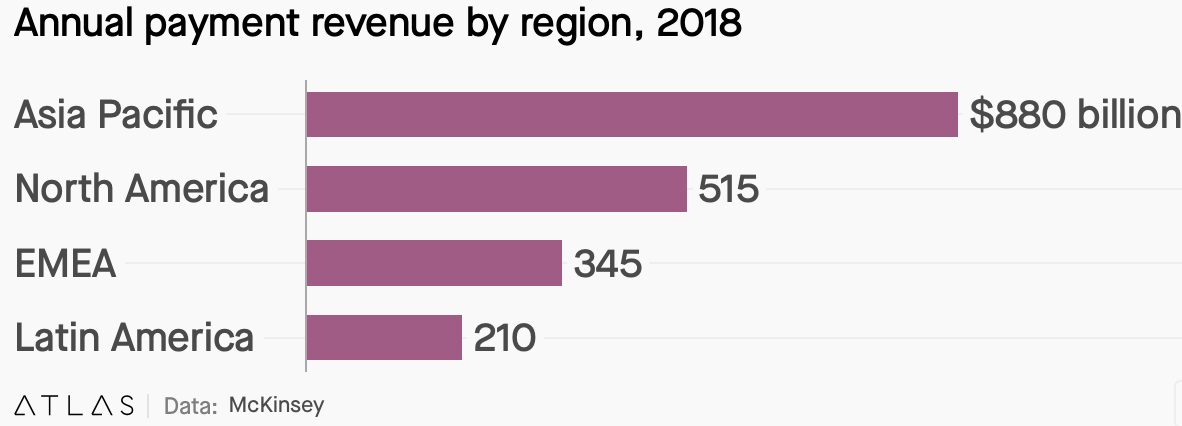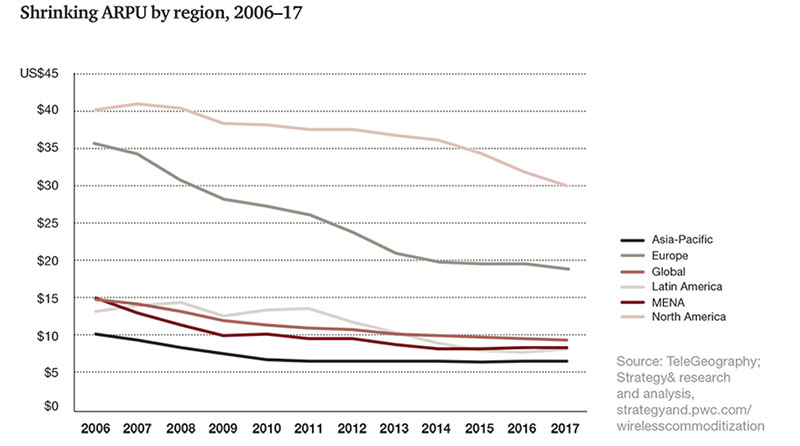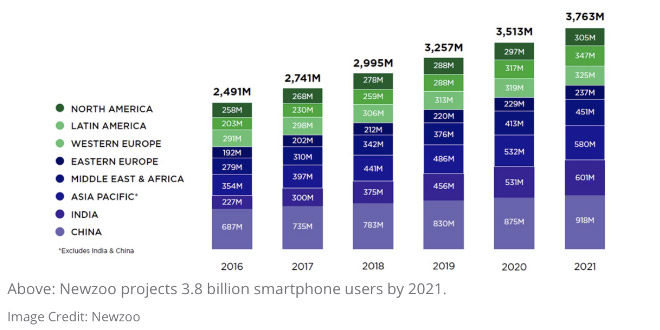Business Agility in Asia during the COVID crisis
So much has changed in the last few weeks that it seems like we are living in a different world from what we saw before all this craziness started. Regardless of where one is, things have changed for the worse for so many industries, organizations and individuals that it would take more than a keen pair of eyes to find anything positive; much like finding a needle in a haystack.
Shelter-at-home, lockdowns, personal protective gear, social distancing and home schooling have all become the norm across the globe. All this has been painful for people who have had to experience it, but there have been a few positives as well. Spending more time at home, reminiscing about good times gone by, watching birds and animals flock back to where they belong and most importantly for people in cities, having to endure less traffic, these have all been a welcome change – albeit temporarily. Similarly, organizations are having to relook at whether they really need so much real estate space, when instead working from home could work for certain types of roles and people. Digital transformation has been top of mind for a number of organizations for a while now but the need for it to cover all parts of their business is now more than ever.
Digital Payments in the Region
Asia as a market has close to 56% of the world’s population yet covers just 30% of Earth’s land mass. The bane of such a huge population in a constrained space is there for all to see. Disparity between the haves and have-nots were already as stark as ever. The mobile and telecom revolution in the late 90s changed the game for good. Population was no longer just a bane when more and more people started getting online. The potential addressable market to cater to these newly converted digital upstarts started exploding. Online commerce, payments, and digital banking started reaching everyone; even in the remotest corners of the world. Well over 45% of the world’s digital payments today are in Asia, with companies like Tencent, AliPay, PhonePe, PayTM, and GrabPay becoming household names.

By all accounts, COVID will push people on to Digital Banking and Payments more than ever before. Zero Touch transactions, Online Shopping are not just convenient but are being looked at as safer options more than ever. Companies like Snapdeal, Flipkart, and Alibaba are multi-billion dollar brand names that have leveraged digital first in all its forms. Their digital architectures have been built to withstand black swan Events like the COVID-19 crisis. It’s an altogether different story that the crisis has tested not just the systems and processes of organizations, but also their human resources as well.
Telecom Industry’s Innovations
The Telecom Industry in Asia has long been known to be the most innovative, offering services at the lowest ARPU in the world, while providing service levels matching those in the West. Offering the best connectivity in this new world, where social distancing and working from home is a new norm, has meant that these Telcos have had to newly set up or re-prioritize infrastructure to cater to changing needs. Airtel* in India extended prepaid validity for more than 80 million low income customers by almost a month, even after it ended, while adding currency to customers’ talk time, so that they could continue to make and receive calls. Telstra* in Australia gave 10,000 students and teachers across the country internet access to educational content to support the need for online learning. Viettel Corporation* in Vietnam has been at the forefront of offering Telecom services to customers at extremely low fees, while providing educational packages for students and free wallet-to-wallet money transfers to these customers.
* Source: Forrester Research – A Framework for Helping Customers in Crisis, June 1, 2020


Innovation and appropriate technology Investments to cater to these scenarios and demand patterns has been key to how they have managed to play the volume game at extremely low costs. In that context, understanding customer needs, early fraud detection and prevention, infrastructure maximization, strategic technology investments and real-time decisioning become critical. The way they have been able to handle the COVID crisis and address sudden spurts in demand has been a true revelation. In the prevailing context, we thought it best to understand from them as to how they have solved this crisis and built solutions to handle real-time scale needs that are critical in markets in Asia.
On July 7th, we have the market leader in Vietnam, Viettel Corporation, talk at the Telecoms World Asia Webinar Series on how they built their Award-Winning Online Charging System in the context of 4G, 5G and IoT use cases using Aerospike.

How Online Commerce is Reacting
As mobile phone penetration and mobile broadband access became more ubiquitous across Asia, digital first online commerce companies have had to handle scale challenges like no other. In a very short span of time, companies like Snapdeal, Flipkart, Alibaba, Tencent and many others have had to set up infrastructure to handle requests from 100s of millions of customers, while they kept their running costs low for a very price sensitive market like Asia. In the last few weeks with the COVID crisis in full swing, the way these companies have been able to handle huge supply chain issues and delivery challenges, while catering to the essential needs of consumers, has been instrumental in how successfully their countries have handled shelter-at-home or lockdown related challenges. These organizations have been built on extremely agile technology platforms that are custom built to handle real-time market and demand pattern changes.
In this context, we are super excited to have Enterprise Architects from Snapdeal, Dream11 and Naukri talk at the “Architecting – India Scale during the COVID pandemic” Virtual Architecture Round Table on 25th June.

It would be great to understand how an online retail market leader like Snapdeal, an online fantasy league leader like Dream11, and a leading online job portal like Naukri have all built architectures to scale and how they have leveraged a scalable, high performance data platform like Aerospike to solve some of their problems.
Final Thoughts
As our countries begin to open up and as we slowly start getting back on the road, while continuing to manage more and more time at home, there has never been a better time to learn from each other and to build solutions to handle such a crisis, were it to happen all over again. I invite you all to join us in these exciting Virtual Events that should give us all a sneak peek in to how these path breaking Companies in Asia have solved their Architectural Challenges in such a complex, online and interconnected world. See you there!




